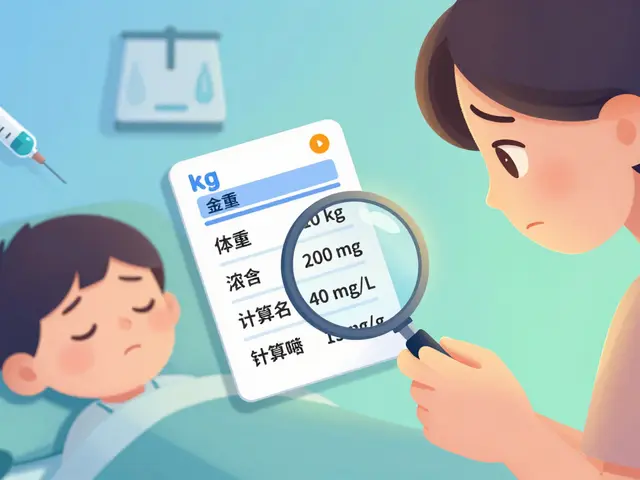Non-Drowsy Allergy Meds: Effective Options Without the Sleepiness
When your nose runs, your eyes itch, and your throat feels tight, you don’t need to choose between relief and being able to function. Non-drowsy allergy meds, a category of antihistamines designed to block allergic reactions without causing sedation. Also known as second-generation antihistamines, these drugs target histamine receptors in your body but barely cross into your brain—so you stay alert, focused, and in control. Unlike older antihistamines like diphenhydramine (Benadryl), which knock you out like a light switch, these modern options let you drive, work, or play with your kids without feeling like you’re in a fog.
Three names come up again and again in real-world use: loratadine, the active ingredient in Claritin, known for its steady, 24-hour relief with almost no drowsiness, fexofenadine, the non-sedating version of terfenadine, sold as Allegra, and often preferred by people who need maximum clarity, and cetirizine, the active ingredient in Zyrtec, which is slightly more likely to cause mild sleepiness in some people but still far less than older options. These aren’t just marketing claims—they’re backed by clinical studies showing minimal impact on reaction time, memory, or alertness. You’ll find them in the same aisle as cold meds, but don’t assume they’re the same. Many OTC cold pills still pack in old-school antihistamines that make you sluggish. Always check the label for the active ingredient.
Why does this matter? Because allergies don’t take a day off. Whether you’re dealing with pollen in spring, dust year-round, or pet dander in your living room, you need relief that doesn’t interfere with your life. People who take non-drowsy options report better focus at work, safer driving, and fewer missed days. And if you’re managing other conditions—like high blood pressure or depression—you’ll appreciate that these meds rarely interfere with other prescriptions. You can even find them in combination with decongestants if you need extra help with nasal stuffiness, though watch out for added stimulants if you’re sensitive to them.
There’s no one-size-fits-all here. Some people swear by loratadine. Others find cetirizine works faster. Fexofenadine tends to be the gentlest on the stomach. It’s not about which one is "best"—it’s about which one works for you. And that’s exactly what you’ll find in the posts below: real comparisons between these meds, how they stack up against alternatives like ketotifen, what side effects to expect, and how to avoid accidentally doubling up on ingredients that can hurt you. No fluff. No hype. Just clear, practical info to help you pick the right one and stick with it.
Many people take sedating antihistamines like Benadryl for allergies without realizing they’re impairing their ability to work safely. This article explains why first-generation antihistamines cause hidden cognitive impairment, how second-generation options are safer, and what you should do to protect yourself and others on the job.



